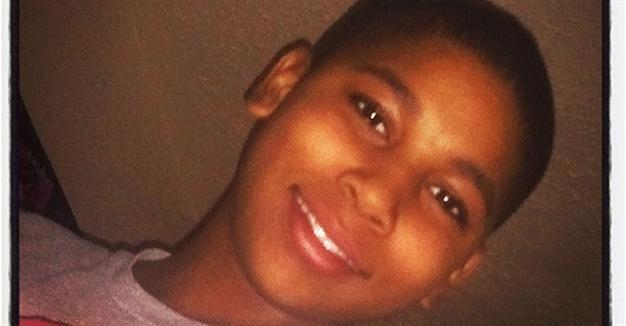Cleveland to pay $6mn to family of black boy shot by police
WASHINGTON - Agence France-Presse

This file photo taken on November 24, 2014 shows an undated family photo provided by the family's attorney Timothy Kucharski of Tamir Rice - AFP photo
The U.S. city of Cleveland has reached a $6 million settlement with the family of Tamir Rice, a 12-year-old African American shot by police while holding a toy gun.Under the terms of the settlement, Cleveland does not admit any wrongdoing, according to details of the accord announced April 25 by a U.S. District Court in Ohio.
The deal, which still requires the approval of a probate court, shields the city from a potential federal civil rights trial that would have drawn renewed scrutiny of its troubled police force.
Rice's November 2014 death at the hands of a white officer was one of a series of high-profile incidents involving police violence against African Americans that fueled protests across the country.
Surveillance video showed Rice was fatally shot within seconds of a patrol car arriving on the scene as he began to pull a toy gun out of his waistband. The boy died hours later in hospital.
The Rice family's lawyers stressed that "no amount of money can adequately compensate" the relatives for their loss.
"In a situation such as this, there is no such thing as closure or justice. Nothing will bring Tamir back," said the statement.
"His unnecessary and premature death leaves a gaping hole for those who knew and loved him that can never be filled."
The lawyers also used the occasion to denounce the "the problem of police violence, especially in communities of color," calling it "a crisis plaguing our nation.
Last year, a grand jury declined to bring criminal charges against the police officers involved in the shooting, patrolman Timothy Loehmann and his partner, Frank Garmback.
At the time, then Cuyahoga County prosecutor Timothy McGinty pointed to the "perfect storm of human error, mistakes and miscommunication by all involved that day."
















